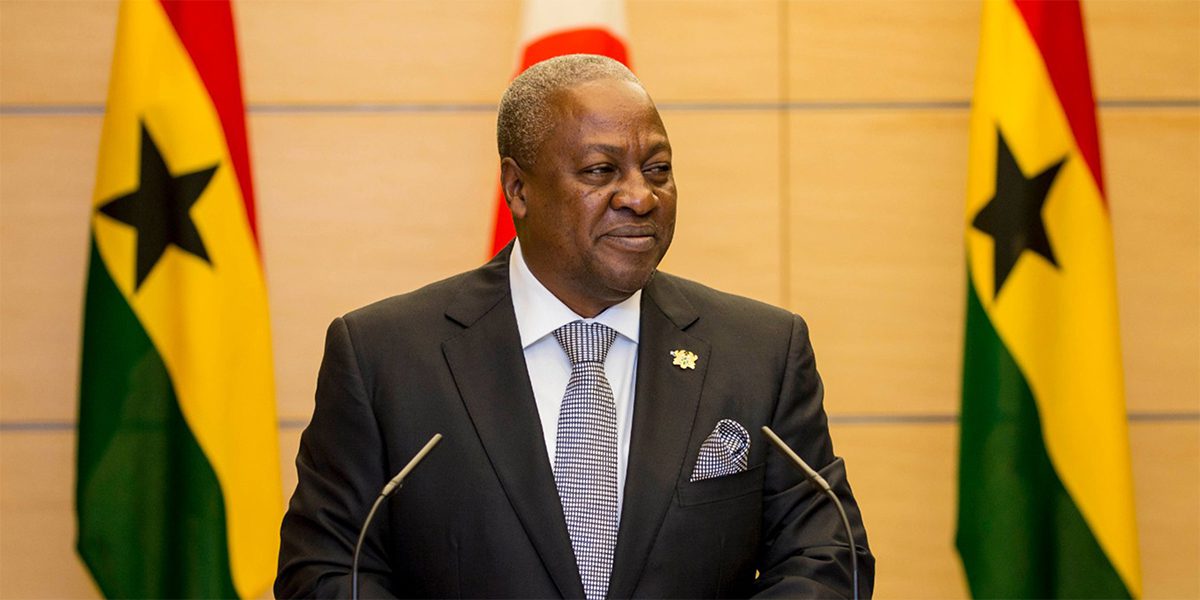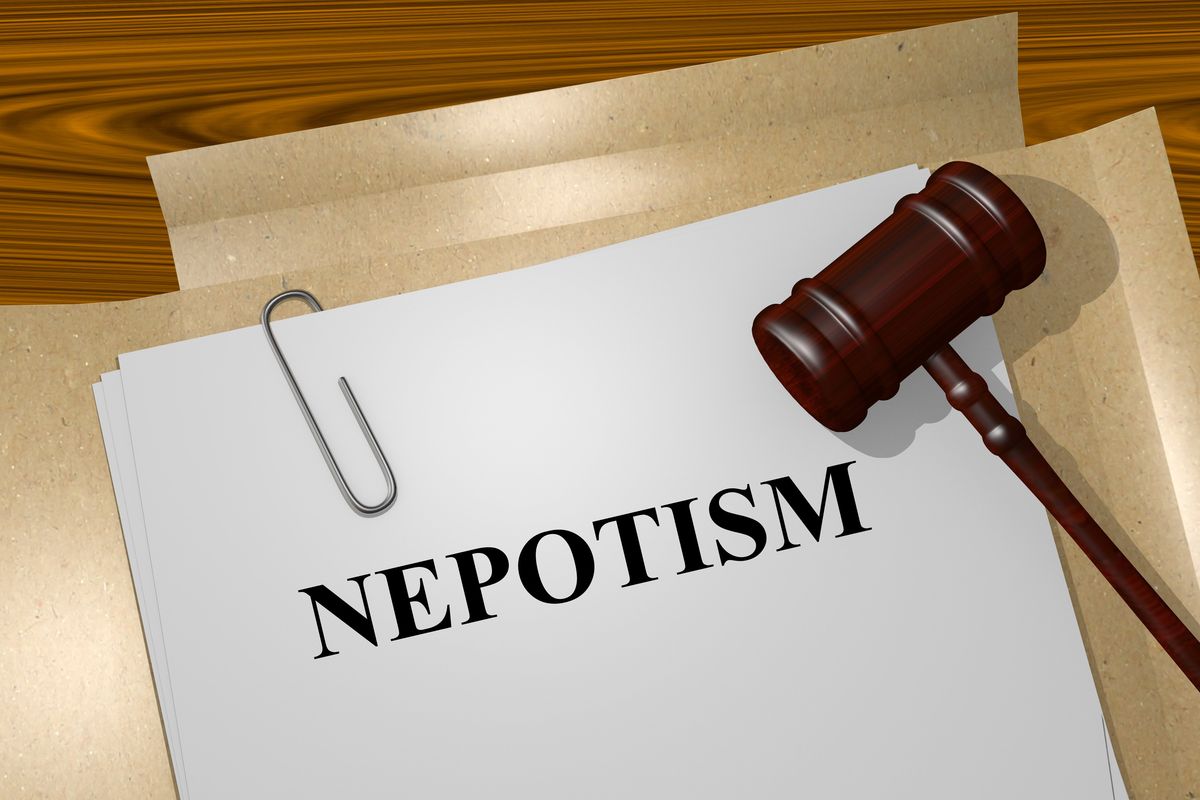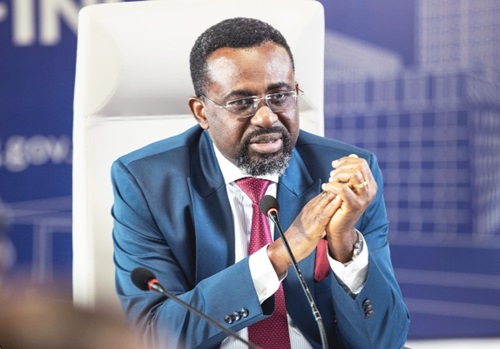Ghana's Groundbreaking Crypto Legalization Set to Reshape African Digital Economy by 2025!

Ghana is making a significant policy shift, moving towards the legalization and regulation of cryptocurrencies by December 2025, a striking reversal from its previously cautious stance. This pivotal decision aligns Ghana more closely with other African nations that are actively working to govern digital assets. At the International Monetary Fund’s annual meetings in Washington, Governor Johnson Asiama of the Bank of Ghana (BoG) confirmed that a draft bill is being advanced to parliament, with the aim of establishing a comprehensive legal and regulatory regime for crypto by the end of 2025. Governor Asiama noted that extensive work has been undertaken over the past four months to develop this regulatory framework, signaling the country's readiness to formalize oversight of digital assets.
For several years, Ghana maintained a skeptical posture concerning cryptocurrencies, issuing warnings to citizens about their lack of legal tender status and advising against speculative investments. Both the Securities and Exchange Commission (SEC) and the Bank of Ghana had previously stated that popular cryptocurrencies like Bitcoin, Ethereum, and XRP were neither recognized nor regulated under Ghanaian law, with the BoG considering virtual currencies outside its payment and settlement frameworks. However, escalating widespread adoption, a surge in transaction volumes, and evolving regulatory landscapes across Africa have prompted Ghanaian regulators to reconsider their approach.
The turning point for Ghana's regulatory stance was further evidenced by several developments. In July 2025, Governor Asiama affirmed the BoG’s intent to license crypto firms and integrate them into the mainstream financial system. Preceding this, the BoG released draft guidelines in 2024, outlining the proposed regulation for Virtual Asset Service Providers (VASPs), and actively solicited public feedback. Plans were also indicated for the establishment of a dedicated digital asset unit within the central bank. While earlier reports had suggested regulation might commence as early as September 2025, Asiama clarified at the IMF meeting that December 2025 is now the target for full legal coverage. He underscored the dual importance of not only enacting laws but also developing the institutional capacity to monitor crypto flows, attract skilled talent, and create a new specialized department within the BoG to oversee the burgeoning sector.
The urgency behind Ghana's regulatory push is significantly driven by the substantial scale of cryptocurrency adoption within the country. Estimates suggest that over 3 million Ghanaian users, constituting approximately 8–17 percent of the adult population, are actively engaged in trading or holding digital assets. Furthermore, transaction volumes between July 2023 and June 2024 are reported to have exceeded $3 billion. Governor Asiama acknowledged that a considerable number of payments and remittance flows are already transacting via crypto, often bypassing traditional banking channels, which complicates monetary oversight. Through this forthcoming regulation, Ghana aims to formalize these flows, enhance data transparency, and mitigate associated risks such as fraud, money laundering, and potential systemic shocks to the financial system.
Ghana’s policy pivot is part of a broader trend of accelerating cryptocurrency regulation across the African continent. Kenya recently passed its Virtual Asset Service Providers (VASP) Bill, designating licensing and oversight responsibilities for crypto exchanges, wallets, and token issuers to established regulators, with the Central Bank managing stablecoins and the Capital Markets Authority regulating trading platforms. Nigeria, in 2025, passed a new Investments and Securities Act, formally classifying digital assets as securities under its SEC, while the central bank maintains payment oversight. South Africa remains a continental leader, with its Financial Sector Conduct Authority (FSCA) already having granted operating permits to dozens of crypto firms. Other nations like Sierra Leone, Senegal, and Côte d’Ivoire have explored regulatory proposals, but Ghana’s explicit commitment to a binding legal regime by December 2025 marks a notable step forward. This eventual adoption of a crypto law in Ghana could potentially establish a precedent for regulatory harmonization within ECOWAS and across Anglophone West Africa, an area where fragmented rules have historically hindered cross-border fintech growth.
Ghana's shift unequivocally signals that cryptocurrency is no longer considered a fringe financial activity; instead, the country intends to integrate digital assets as an integral component of its evolving financial architecture. If passed, the Virtual Asset Providers Act will confer significant licensing and supervisory powers upon the Bank of Ghana over various crypto actors, including exchanges, wallets, and token issuers, with the SEC expected to provide complementary oversight. However, the passage of the bill represents only the initial phase. Ghana must subsequently focus on building robust institutional capacity, recruiting specialized talent, developing effective enforcement mechanisms, and aligning with global regulatory standards. Governor Asiama has consistently emphasized the critical importance of developing “manpower” and advanced monitoring systems. A successful implementation will also necessitate strong stakeholder buy-in from exchanges, fintech firms, and end-users. All eyes are now on Ghana’s parliament as the draft bill navigates the legislative process, including scrutiny and political negotiations. Should the bill successfully become law by December 2025, Ghana will transition from its former cautious stance to emerge as a prominent and serious regulatory contender within Africa’s burgeoning crypto space.
You may also like...
From “God When” to “God Did”: How Hustle Culture Became a Religion

As African youth chase the gospel of hustle and soft life, a new faith has emerged, one built on ambition, affirmations,...
GMOs and the Future of Food: Can Biotechnology Feed Africa and the World?

Can GMOs feed Africa and the world? Read about the promise, risks, and future of biotechnology in tackling hunger, clima...
The Chains of Nepotism: Meritocracy and the African Job Market

Nepotism continues to dominate Africa’s job market, sidelining merit and talent. In today’s world “who you know” oversha...
The Waiting Season: What Happens to Young Nigerians After NYSC

For thousands of Nigerian graduates, the real challenge begins after the NYSC uniform comes off. This story explains the...
Salah's Agony: Liverpool Star's Downcast Walk Signifies Club's Woes After Man Utd Clash

Liverpool is grappling with a severe crisis, marked by four consecutive losses and the symbolic substitution of star pla...
HBO's 'Task' Finale Leaves Fans Reeling: Stars Break Down Emotional Ending and Shocking Sacrifices

The finale of HBO's "Task," "A Still Small Voice," meticulously resolves its complex crime drama, charting Perry's downf...
NYC's World Music Institute Celebrates 40 Years of Global Beats

The World Music Institute (WMI) marked its 40th anniversary with a celebratory gala in New York City, honoring its found...
Norman Reedus Reveals Shocking Season 4 Idea for 'The Walking Dead: Daryl Dixon'

Season 3 of 'The Walking Dead: Daryl Dixon' concludes with Daryl and Carol facing new challenges in Spain, leading to a ...




